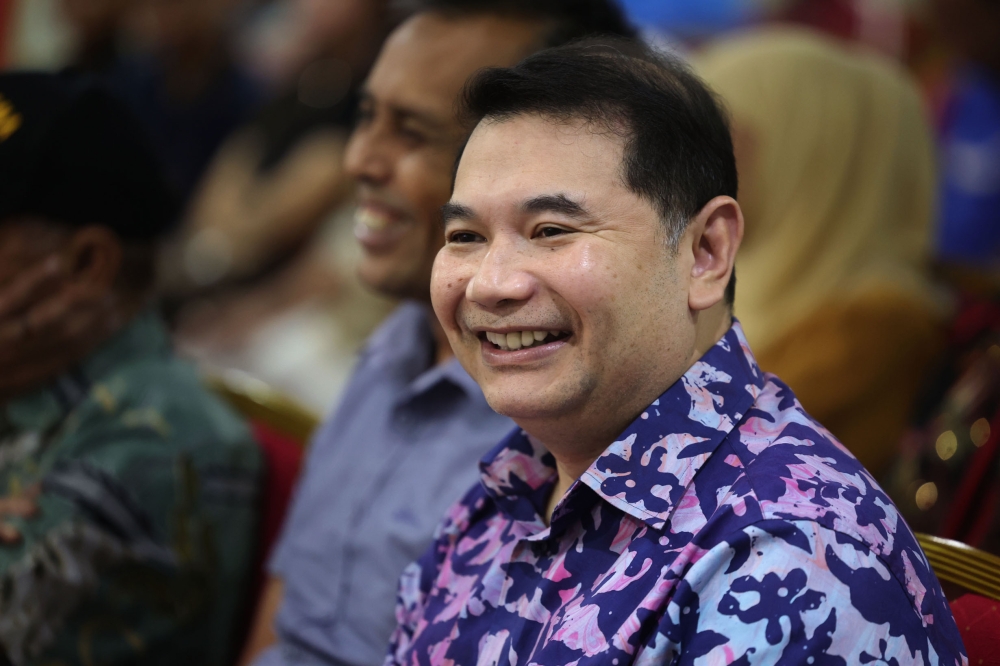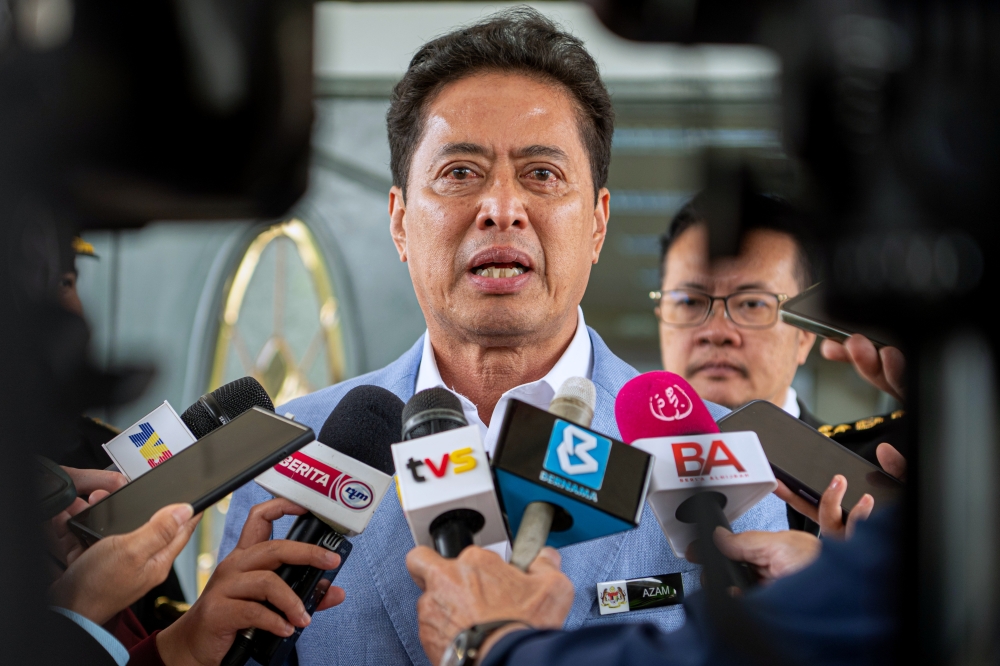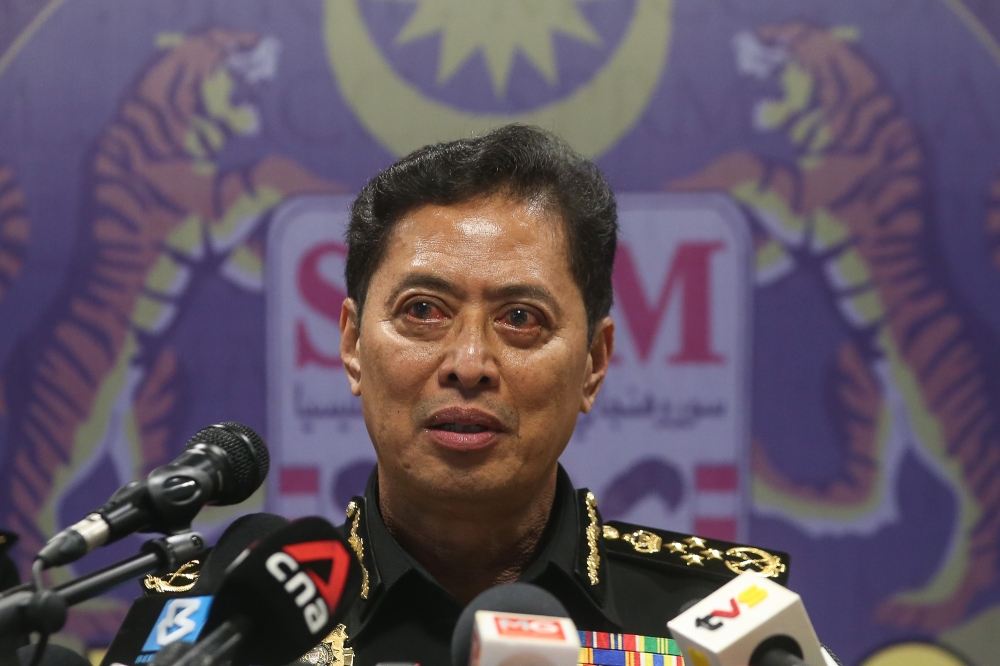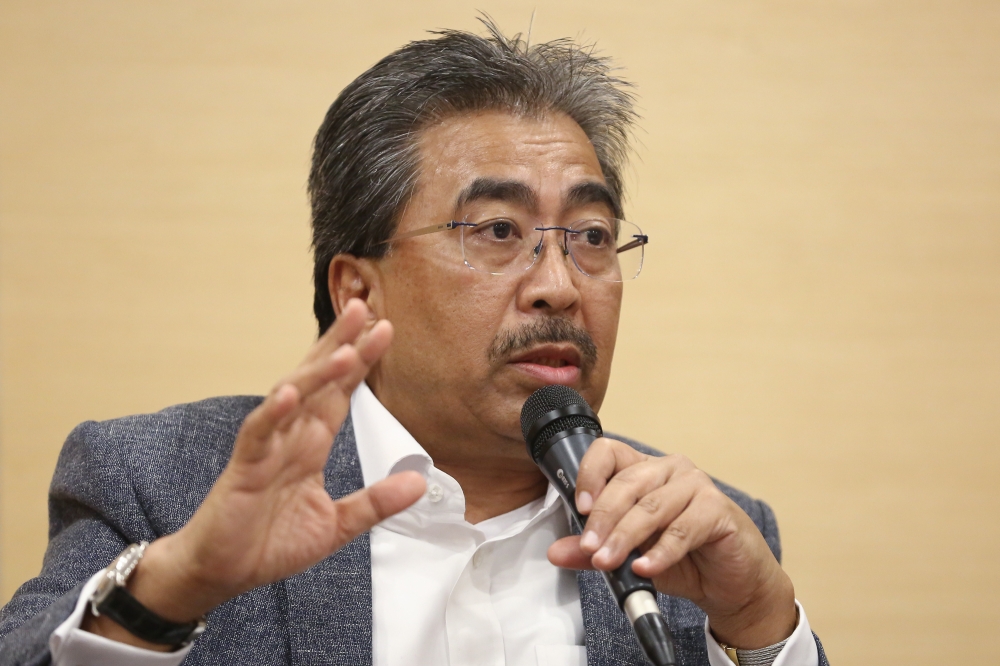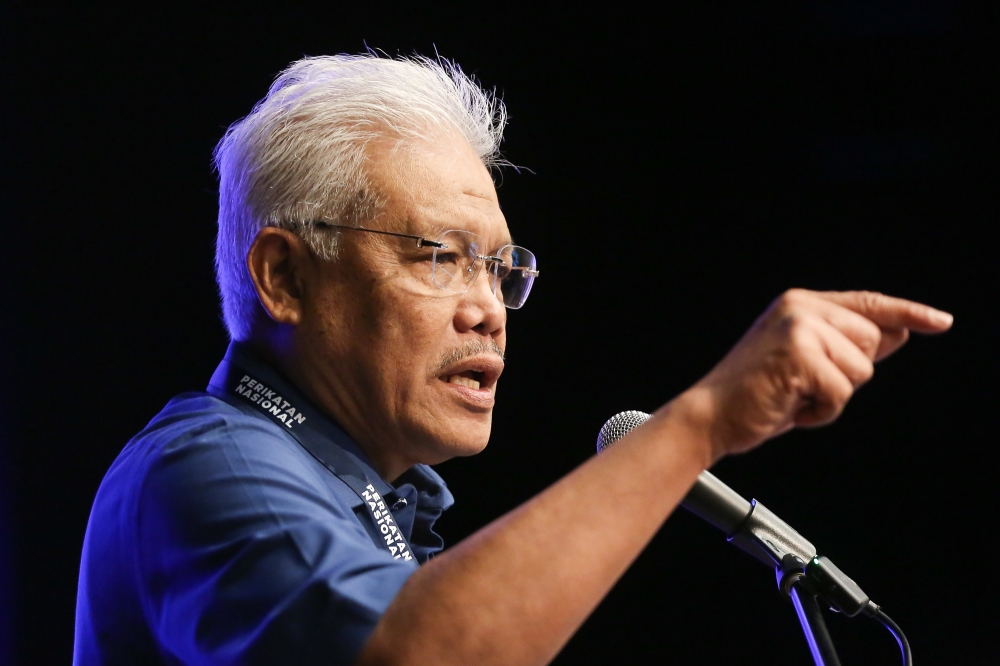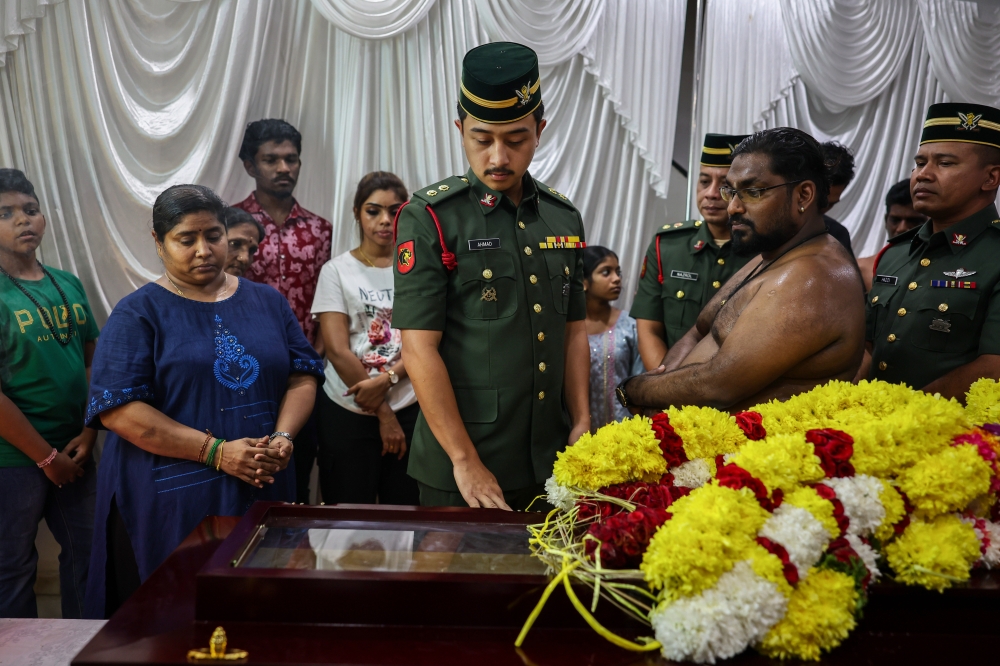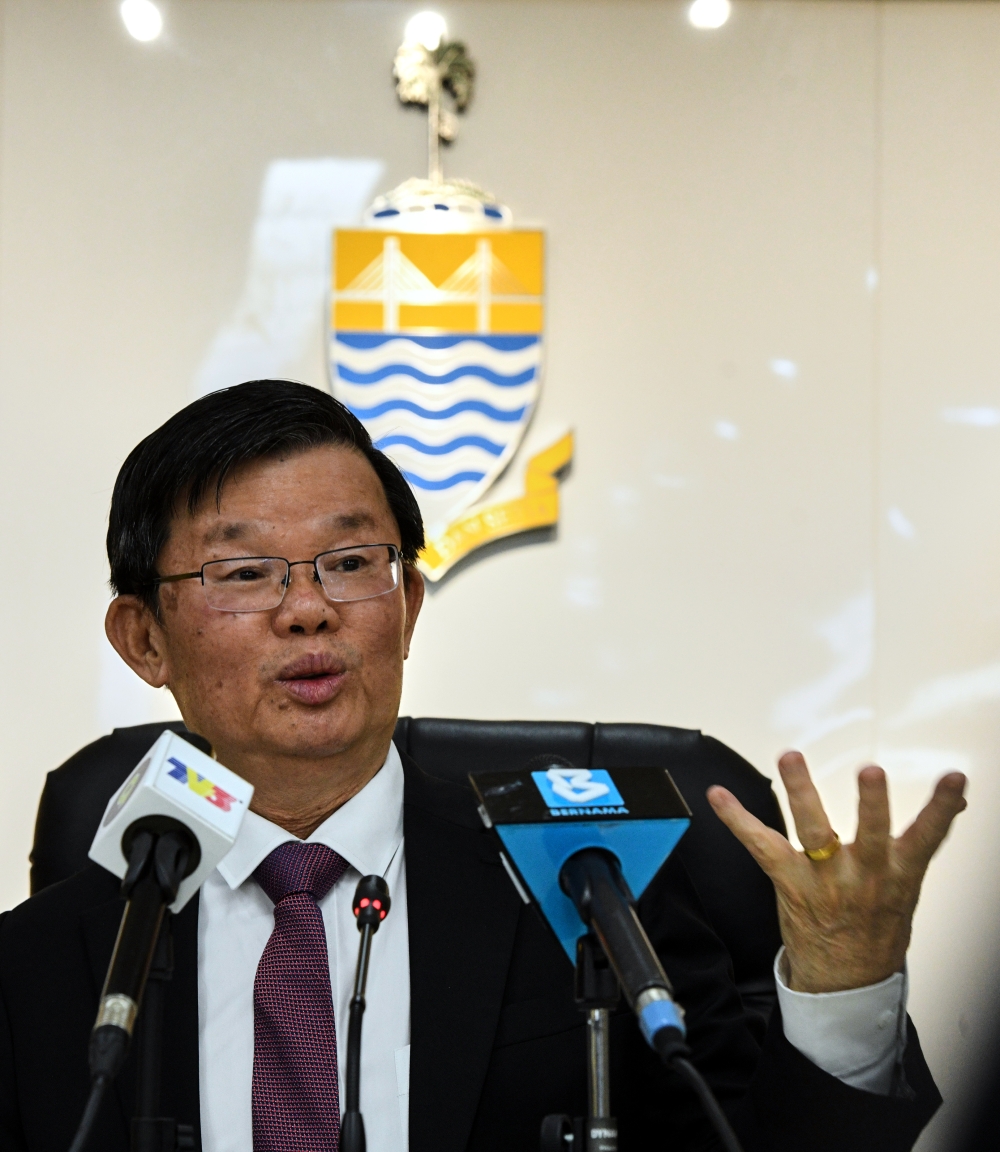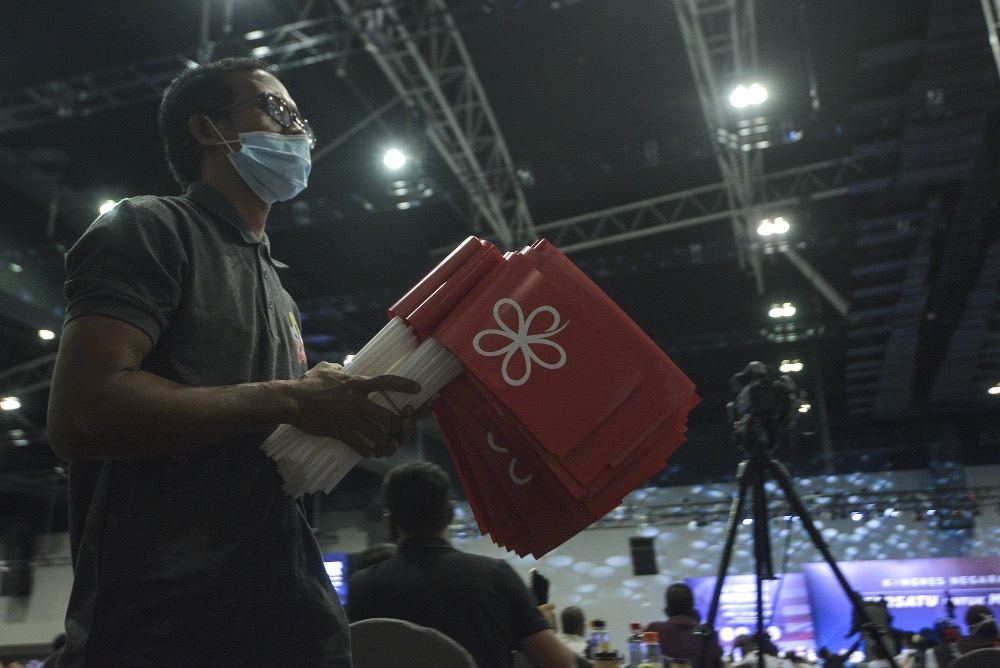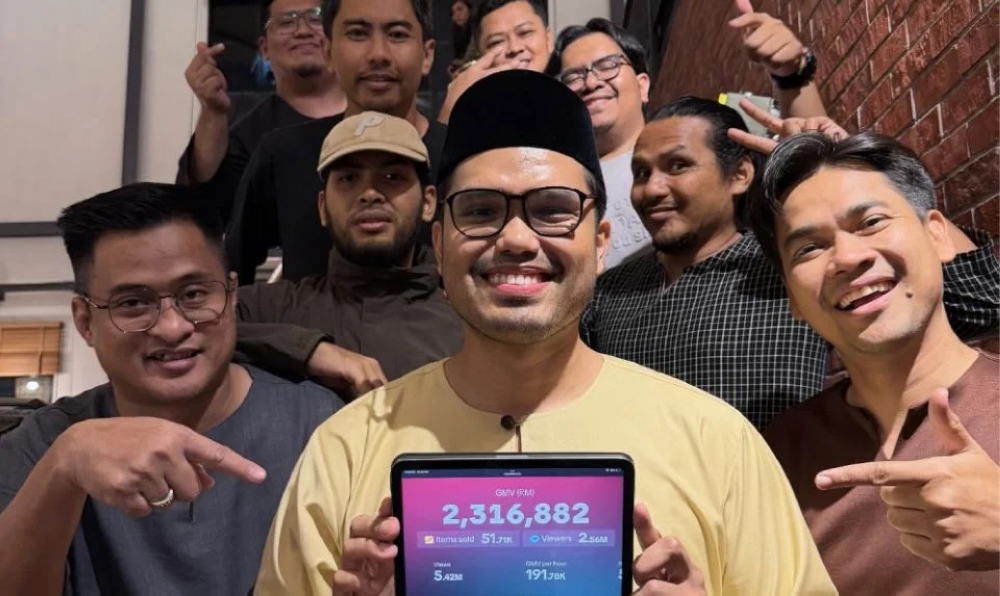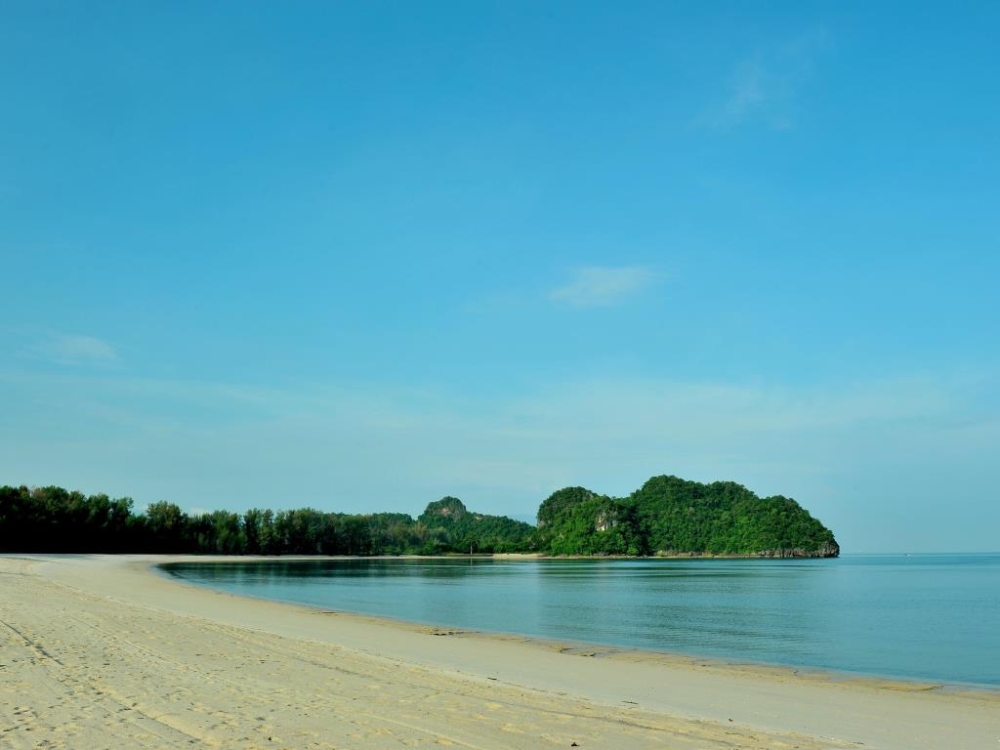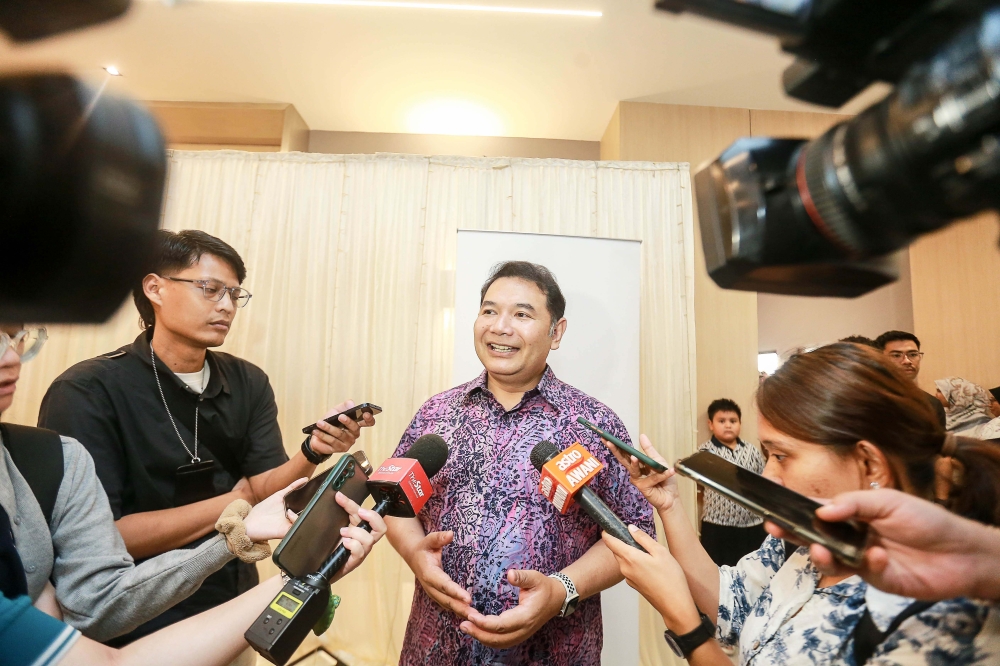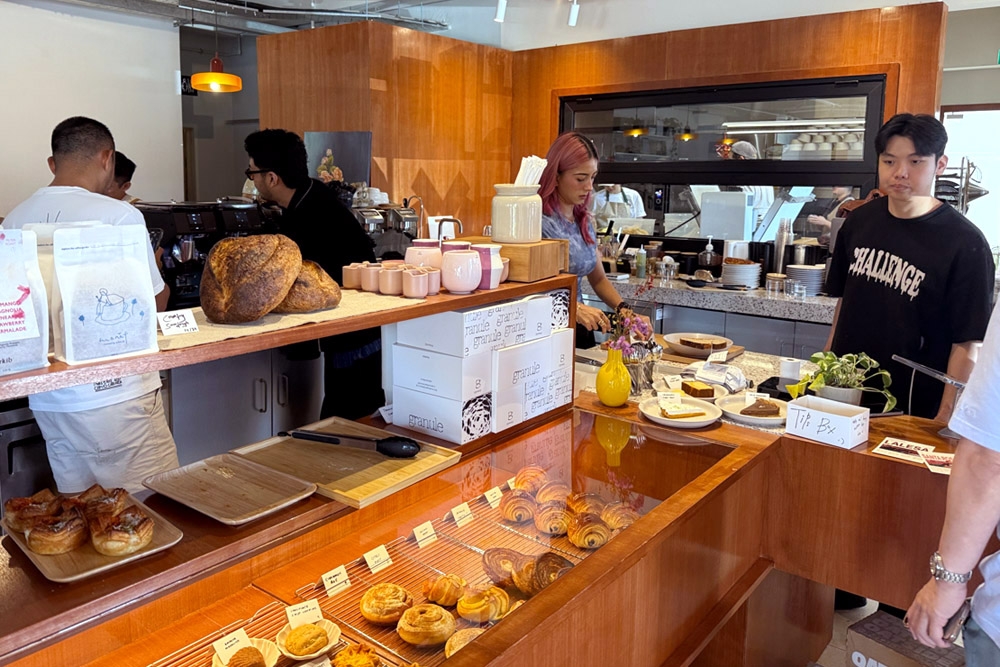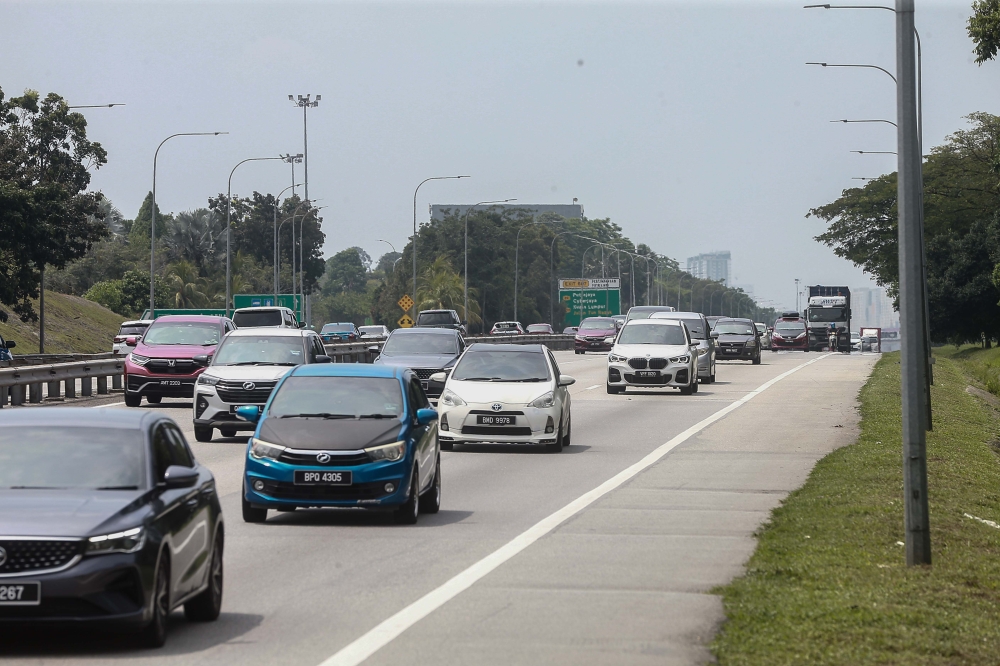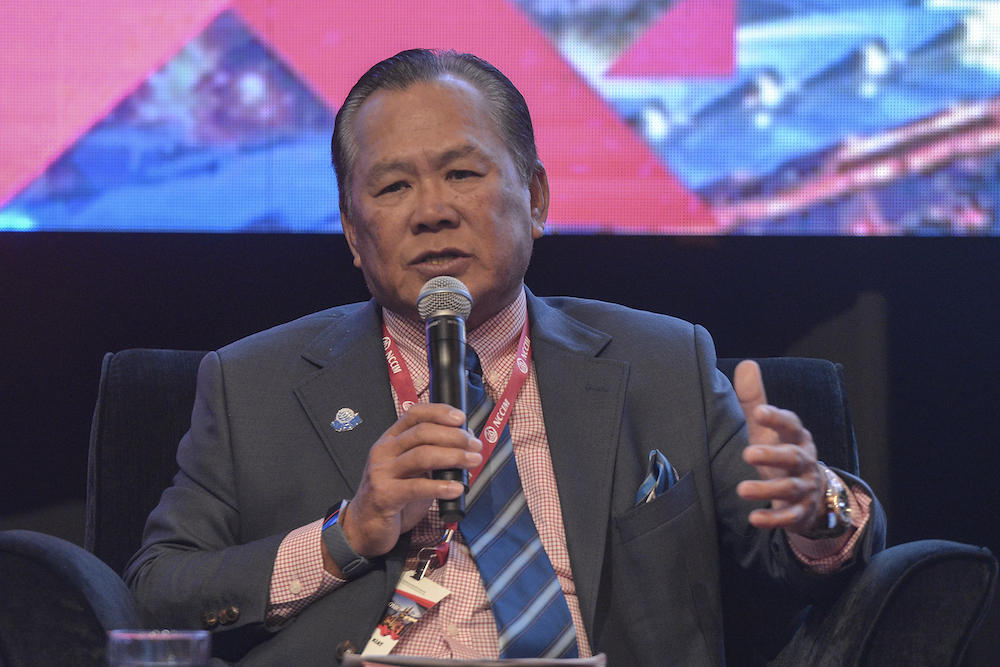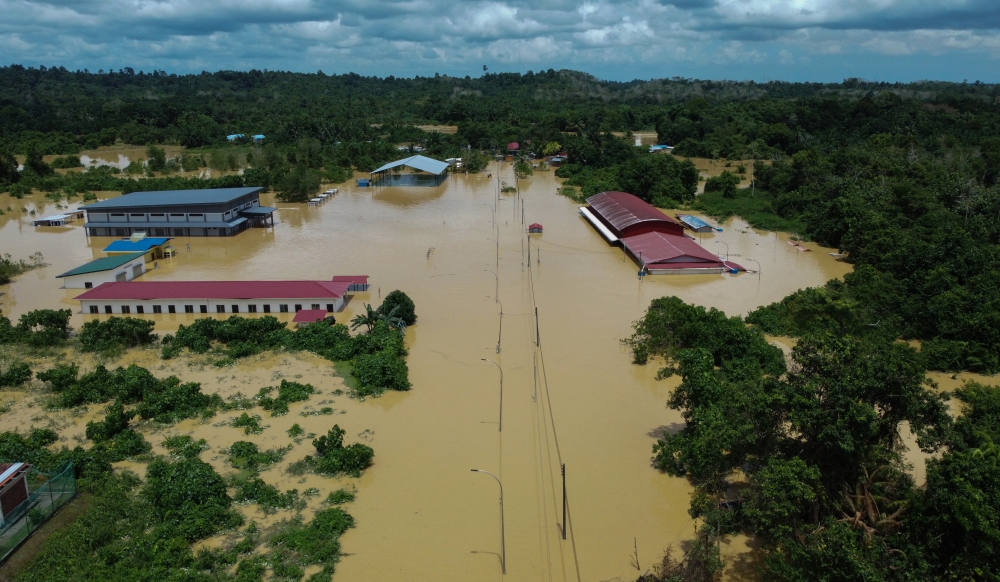KUALA LUMPUR, August 29 — Six hundred hands shot up into the air at the National Economic Forum 2019 today when former international trade and industry minister Datuk Seri Mustapa Mohamed asked if there was too much politicking in the Pakatan Harapan (PH) government.
“Anyone who thinks that there is too much politicking in the government, please raise their hands,” the Jeli MP who left Umno for PH component PPBM, said, appearing amused by the unanimous response of all 600 participants in the hall.
“Anyone who thinks that there is no politicking in the government, please raise their hands,” he asked next, and watched as all 600 hands dropped immediately.
“I think the only ones who think that the government is not politicking is probably me and Sim Tze Tsin,” Mustapa remarked, referring to the agriculture and agro-based industry deputy minister.
The same question had been posed to four panellists just earlier today in a separate discussion and was answered by the Malaysian International Chamber of Commerce and Industry (MICCI) president Datuk Tan Cheng Kiat.
The industry captain noted that Prime Minister Tun Dr Mahathir Mohamad’s unclear time frame for his succession plan has an adverse psychological impact on the business community.
“Certainly, especially the last few months with the succession planning not clearly spelled out and the timing of the handover to the prime minister in waiting. Leaders do change policies, we know it.
“I think whatever that’s going on, we need to have clarity, certainty so we can plan ahead and know what’s coming. But with politicking in the ruling government, it is causing the business community anxiety,” said Tan.
The National Chamber of Commerce and Industry of Malaysia (NCCIM) president Tan Sri Ter Leong Yap later made an observation that people wants stability and prosperity where it is a shared aspiration.
He urged all parties to put aside their differences and work towards common goals for a New Malaysia.
Ter pointed out that neighbouring Indonesia got its act together within 100 days of concluding its general elections, where the opposition and government began cooperating.
“In less than 100 days Jokowi shook hands with his opponent and both worked hand in hand together. You can see how he sets up future of Indonesia by moving the capital to Kalimantan island and he can see as far as 100 years for the nation. You can see future and hope.
“So why not, all parties in Malaysia wait for three to four years later to talk about politics and work together as a team to address current issues that needs urgently addressed especially with world economic situation that’s really pressing,” said Ter.
Another matter that was raised during the discussion was how badly labour shortage has affected local SMEs who find that they cannot grow due to the government’s inconsistent or unclear policies.
Associated Chinese Chambers of Commerce and Industry Malaysia chairman Tan Sri Lim Kuang Sia observed that the lack of foreign workers and locally skilled workers has created a lot of lost opportunities for many local businesses.
“The key problem is shortage of labour. A lot of businesses have orders that they cannot do, they can’t supply because of labour shortage. If the industry can do better, we can contribute more to taxes since 24, 25 per cent of what we make goes to the government.
“The government needs to look at the foreign worker policy. It is not very clear so why not give a transition period and allow businesses to bring in the foreign worker until the government has a firm, clear and concrete policies on how to manage this.
Tan also shared his experience of the problem, saying that there are MICCI members who have mooted moving their operations out of the country and to Thailand to address the labour issue.
He said that due to the trade war between the US and China, some MICCI members have received 30 new clients but lack the capacity to handle them because of labour shortage.


